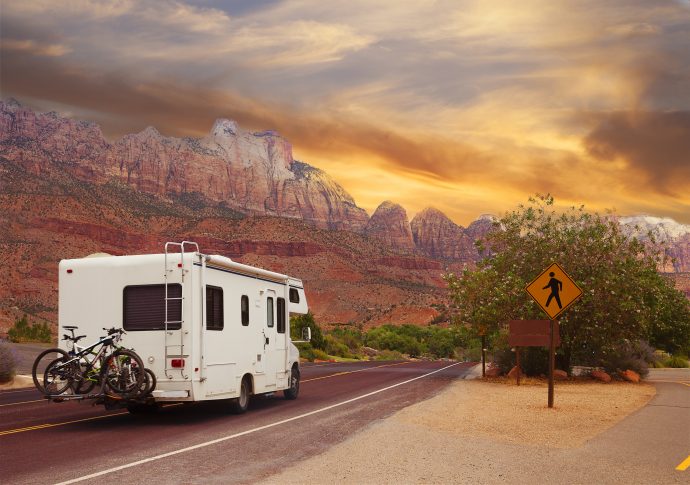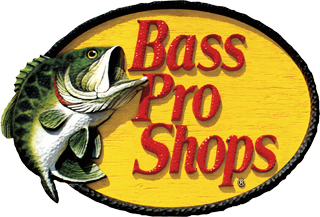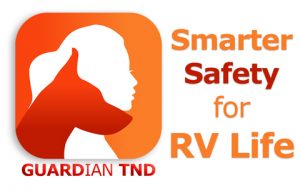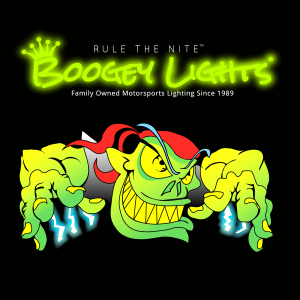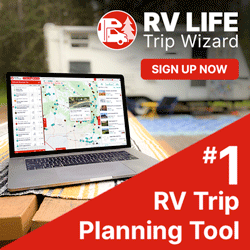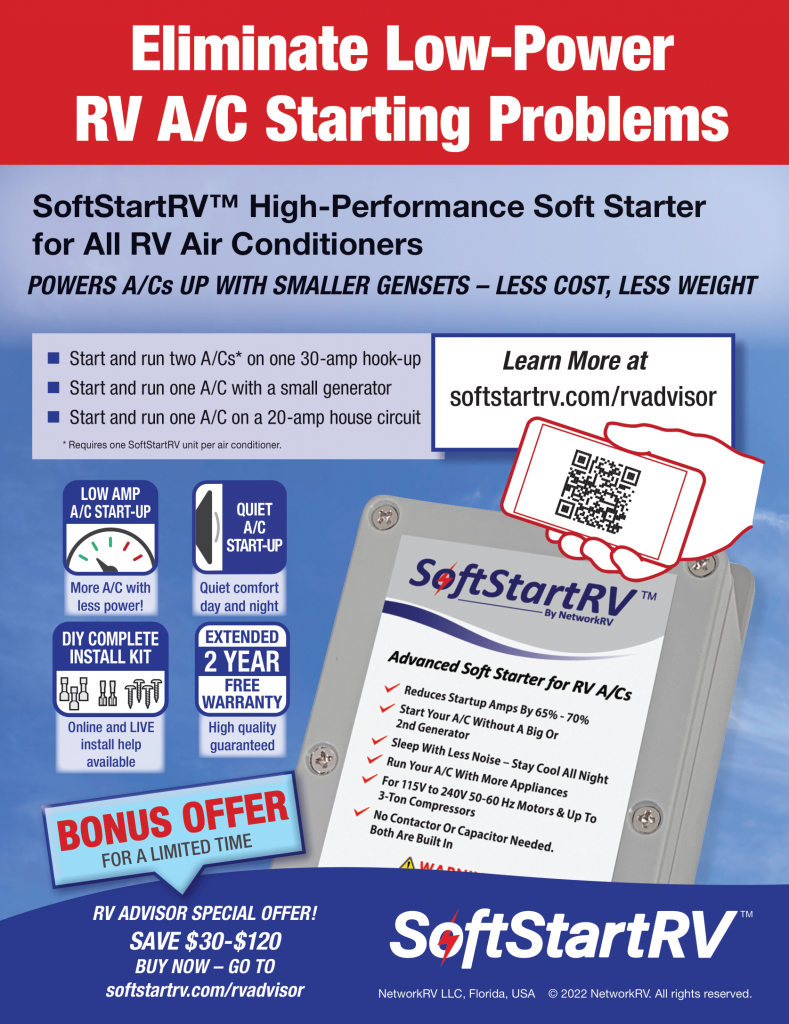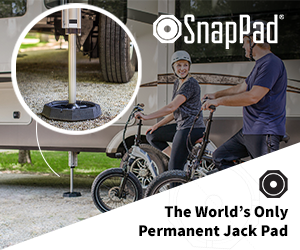Prepare for fire safety, and you’ll be safe on the road.
It’s never fun to think about a fire happening while you’re on vacation. But it’s important to know that fire can happen almost anywhere, including in your RV. The best way to keep yourself and your family safe is to plan for the best but be prepared for the worst.
Most RV fires are preventable, which means that a little preparation goes a long way. There are a few essential steps to take before and during your trip to minimize the risk. Here is our complete guide to fire safety in your RV.
RV fires
The National Park Service estimates that some 20,000 RV fires occur each year. This makes fire one of the leading causes of RV loss and damage. It’s very important to have a plan in place for fire safety. Taking a few precautionary measures can help you stay safe on the road.
Maintenance is key
There are a few areas you should check regularly in and around your RV to help prevent a fire.
- Brakes. Drag can sometimes create friction which can spark a tire fire or ignite brake fluid.
- Electrical connections. These can be loosened by driving long distances, especially on uneven terrain. Check and tighten any loose connections periodically.
- Engine grime: Dirt and grease can build up on your engine and transmission over time. This buildup makes your engine run hotter and can increase your chance of a fire and other malfunctions.
- Propane lines: Make sure your tanks and lines are clear of leaks and be sure to shut the valve on your tank when it’s not in use. Propane is extremely flammable and can be a big risk if not maintained properly.
Parking fires
In addition to good maintenance, use caution when you park your vehicle. When you drive long distances, the undercarriage of your RV can become very hot.
You need to keep this in mind when choosing a parking spot or campsite. Pay attention to the clearance between your carriage and the ground. Do not park in an area with tall or dry grass, as this can ignite under the hot vehicle.
This is especially true if you’re boondocking, or dry camping away from a campground. Boondocking is a fun way to enjoy National parks and scenery, but make sure you are staying safe and park in a place without tall vegetation.
Camp safely
Camping safety is important because fire can occur outside your RV as well. Follow proper fire safety procedure when you’re camping, especially around campfires and grills.
Always set up your campfire at a safe distance from your RV. When you’re done roasting marshmallows and telling ghost stories, extinguish the fire appropriately.
Remember that fire can spread, sometimes just from hot coals. So, don’t just let the fire die and forget about it. You need to follow the steps outlined by the United States Department of Agriculture Forest Service to extinguish a campfire properly.
Be prepared for an emergency
If a fire does break out in or around your RV, be prepared to handle with it.
It is critical to keep a fire extinguisher inside your RV at all times. It is best to have two or three readily available to reach for, especially if you have a large RV. Store one in the kitchen for easy access, as well as a few boxes of baking soda to toss on any grease fires that might pop up while you’re cooking.
If you have an outdoor kitchen or awning on your RV, try to store an extinguisher there as well. If you’re able to access it quickly, you can douse a fire before it does much damage.
Make sure that you have up to date smoke detectors installed. Test them regularly and keep the batteries fresh. This is a very important step in keeping yourself and your family safe, because If you’re sleeping, you may not realize that there is a danger until it is too late.
Smoke detectors can help you realize there is a fire and escape quickly.
Being prepared for a fire can save your life
It is awful to have damage to your RV due to a fire, but your safety is even more important. Thankfully, if you maintain your RV, park, and camp safely, and are prepared to squash a fire, you can prevent most if not all of the damage from an RV fire.
If you’re maintaining your RV and need some help, take advantage of our Ask Gigi Virtual Diagnosis. Our professionals can help you with an issue over the phone. To gain access to other valuable RV-ing tips, become an RV Co-Pilot! Membership starts at just $25 per year. Sign up today!

